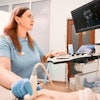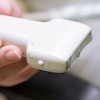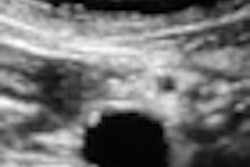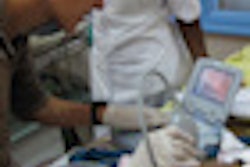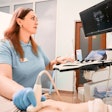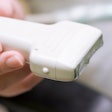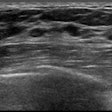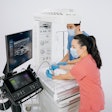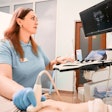Brain ultrasound can be used to predict future risk of psychiatric disorders in premature infants, according to research published in the July issue of the Archives of General Psychiatry.
A study team from Columbia University Medical Center followed more than 400 premature infants until age 16 and found that those with neonatal ultrasound abnormalities were at increased risk for specific psychiatric disorders, including attention deficit/hyperactivity disorder (ADHD), tic disorders, obsessive-compulsive disorder, and major depression.
When the researchers administered questionnaires and cognitive tests to the subjects and interviewed their parents, they found a relation between perinatal brain injuries and certain psychiatric disorders at adolescence that could not be explained by other medical or social factors.
Premature infants are at risk for injuries to the white and gray matter of the brain that affect cortical development and neural connectivity. Certain forms of these injuries can be detected using neonatal ultrasound, according to the researchers.
